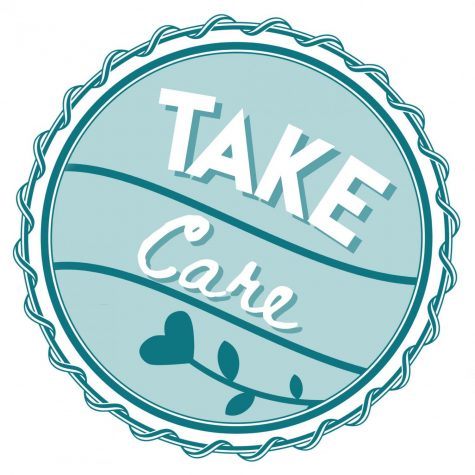Campus counselors report busy fall semester
Depression, anxiety and other mental health issues lead students to seek counseling every fall, not just during a pandemic.
December 10, 2020
Although national statistics show an increase in anxiety, depression and other mental health problems among college students, AACC’s Personal Counseling Service reported no change in the average number of student appointments this semester.
Diane Hallila, the college’s personal and career counseling coordinator, said the college’s staff of therapists has seen the usual high level of students.
“Fall is usually really busy for us and we’ve maintained that volume, but I wouldn’t say that we’ve had an increase,” Hallila said. “We’ve just maintained our same ‘busy-ness.’”

Hallila said the steady rate of student appointments could reveal a balance between the negative impact of the pandemic and the positive effect of the all-online curriculum.
She also said that although some students prefer learning from home, others might not have a safe space to talk there, so they aren’t able to participate in virtual counseling sessions.
“A lot of times we’ll have students contact us and have their appointments in their cars,” she said.
Hallila advised students who are struggling with their mental health this semester to identify specific issues and take some action, however small, to manage those feelings during this difficult time.
“Identify what specifically it is that you need,” Hallila said. “What is it that’s missing? What is it that you feel you need to change? Identify one specific thing you can do to facilitate that change and put all of your focus in that one thing.”
She added: “It’s so easy to get stuck in worrying about the problem, but until we stop and make a small motion towards fixing that problem, you’re just going to stay stuck.”
For example, she said, students can create a routine; change their sleep habits; or make more time for self-care.
“Make a promise to yourself to actually act on that desire to do something, because that seems to be the thing that makes people most stuck,” she said. “If I had to pick one thing to start with, I would say movement and diet. Treat your body like a machine and it will respond better.”
Hallila said it’s important for students to remember that stress can play a positive role in their lives because it can motivate and challenge them.
“We can embrace our stress and welcome it,” Hallila said. “Stress becomes a problem when it starts to take over your life and get in the way of your success. This can be at work or in your personal life and relationships.”
Hallila also recommended guided relaxation to manage stress. That involves “really slow, deep breathing, and mindfully reducing the tension you’re holding in your muscles,” Hallila said. “Knowing where you tend to carry stress and focusing on that release is also really helpful.”
Positive psychology techniques, like practicing gratitude and keeping an upbeat attitude, can have a big impact on mental health as well, she said.
“Everything that happens to us has some consequence tied to it that leads us to something good,” Hallila said. “Encourage yourself to find that good.”












